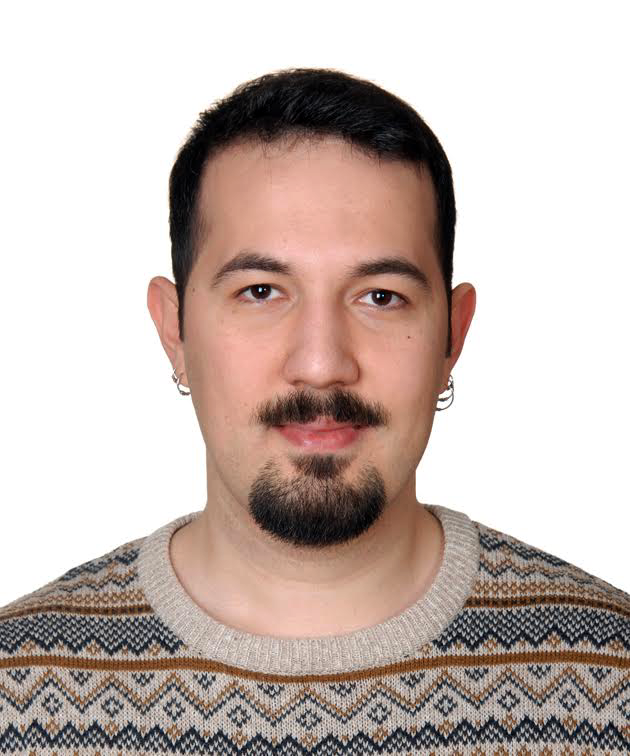Abbas Guven Akcay
 Name: A. Guven Akcay
Name: A. Guven Akcay
Nationality: Turkish
Academic Background: M.Sc. in Molecular Biology and Genetics, Bilkent University (Ankara), Turkey; B.Sc. in Molecular Biology and Genetics, Istanbul Technical University (Istanbul), Turkey.
Project Title: Identification of Novel Tumor Suppressors of Hepatocellular Carcinoma Using Genome Engineering
Project Background: Liver cancer is the sixth most prevalent cancer and the fourth leading cancer in terms of number of deaths in 2018, accounting about 841,000 new cases and 782,000 deaths. With a staggeringly low 5 year survival rate of 18%, it is second only to pancreatic cancer in terms of tumor lethality. Due to the upward trend in nonalcoholic fatty liver disease (NAFLD), metabolic syndrome and obesity, liver cancer cases expected to increase in the developed world. In accordance, WHO projections estimate above 1 million liver cancer deaths in the year of 2030. Yet etiology of the disease is still not fully understood. Recently, whole-genome sequencing revealed frequent genetic and epigenetic alterations affecting major known oncogenic signaling pathways. On the other hand, potential roles for some of the other frequent genetic alterations are unknown. I investigate two of those genes which are frequently altered with an unknown effect in HCC development. I hypothesize that these genes might have a tumor suppressor effect, and their alteration can drive HCC development via shifting the metabolism of the hepatocytes.
Project Aims:
1) Establishing these proteins as bona-fide tumor suppressors of HCC via generating accurate genetic mouse and human cell models using a combination of CRISPR-Cas9 and shRNAs.
2) Investigating the metabolic changes that occur during tumorigenesis in our novel models.
Expected Outcome: Our novel murine models and human cell models will allow us to validate these genes as novel tumor suppressors in HCC. Moreover, by investigating the metabolic changes, we will potentially reveal the molecular mechanism(s) behind the tumor suppressor effects of these genes. As there are no hepatic KO models for these genes, these models will provide new tools to the arsenal of researchers. Lastly, it will be the first in vivo model to study HCC tumors with these mutations.
Contact: Guven.akcay@bric.ku.dk
